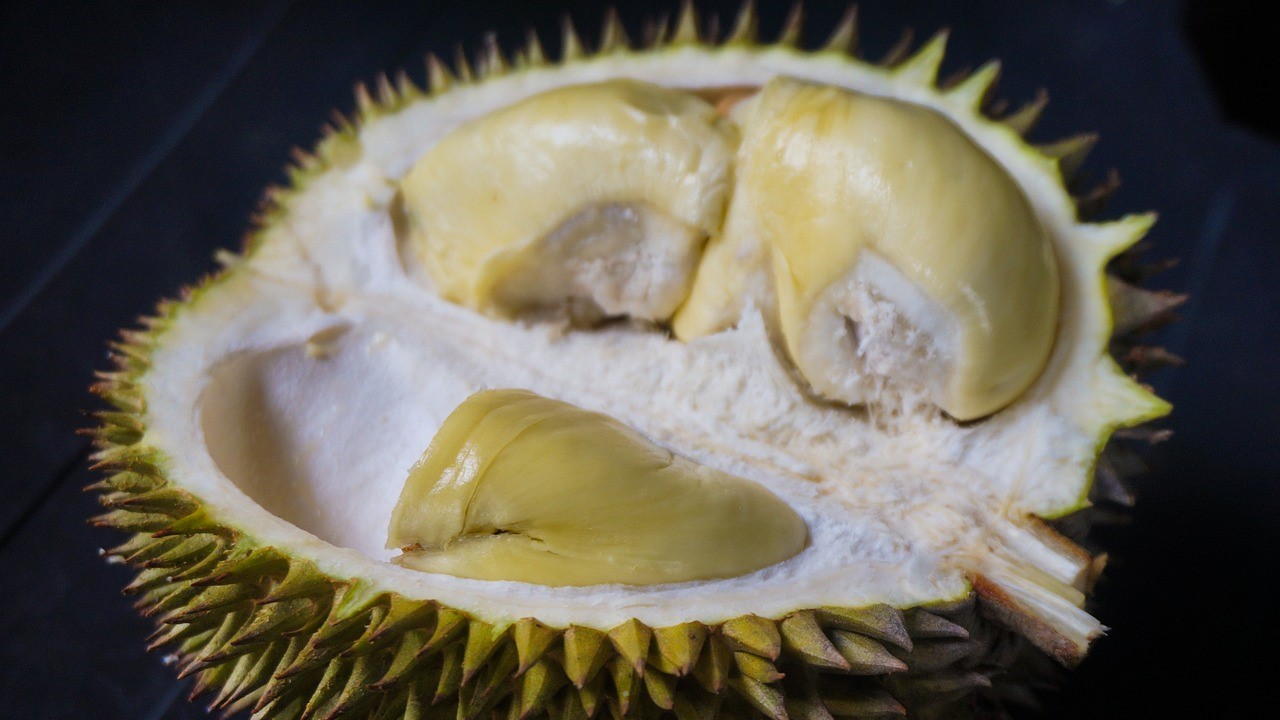On August 9, China’s customs authority published on its website a list of Malaysian companies that are allowed to export fresh durian to China. The list includes 33 companies with a total annual production capacity of 17,685 tonnes. Top Fruits and Du-Fresh have the most registered subsidiaries, with five and three subsidiaries respectively having passed customs inspection. All of these subsidiaries are located in the southern state of Johor.
Top Fruits was one of the first Malaysian fruit producers to export durian pulp. Currently, 80% of the company is focused on exporting abroad, with 60% of total exports going to China.
Top Fruits also specializes in the cultivation of durian and various other tropical fruits and has over 30 years of experience on around 500 hectares of farmland. The company’s durian plantations are known for using organic fertilizers and have been certified under the Malaysian Good Agricultural Practices Program (MyGAP). The company’s durian trees, which are over 20 years old, include a rich selection of varieties such as Musang King (D197), Black Thorn (D200), Golden Phoenix (D198), Ganghai (D208), Golden Bun (D13), Sultan King (D24), 101 (D168) and D88.
Malaysia began exporting frozen durian pulp products to China back in 2011. In 2018, the country received approval to export frozen whole durians to China. Shipments officially began in May 2019. On June 24 this year, fresh Malaysian durians were finally granted access to the Chinese market.
With the official release of the list of authorized exporters, Malaysia’s export of fresh durian to China is set to begin. According to previous reports, the fresh durian will be exported to China by air and sea, using a packaging solution that keeps the fruit fresh for 7-21 days.
Malaysia has a diverse range of durian varieties, with over 220 registered varieties. The most well-known variety in the Chinese market is Musang King. However, its slightly bitter taste has somewhat limited its appeal in China. In recent years, the sweeter Black Thorn variety has become increasingly popular with Chinese consumers, leading many Malaysian growers to focus more on growing this variety.
In 2022, Malaysia’s durian production reached 455,458 tonnes, a figure expected to rise to 505,853 tonnes by 2025. Currently, Black Thorn durian varieties account for only 1% of Malaysia’s total durian production, while Musang King durian varieties account for 36%, D24 durian varieties account for 11%, and unregistered indigenous and wild Kampung durian varieties – the most commonly consumed domestically in Malaysia – account for 38%.
Image: Pixabay
This article was translated from Chinese. Read the original article.

